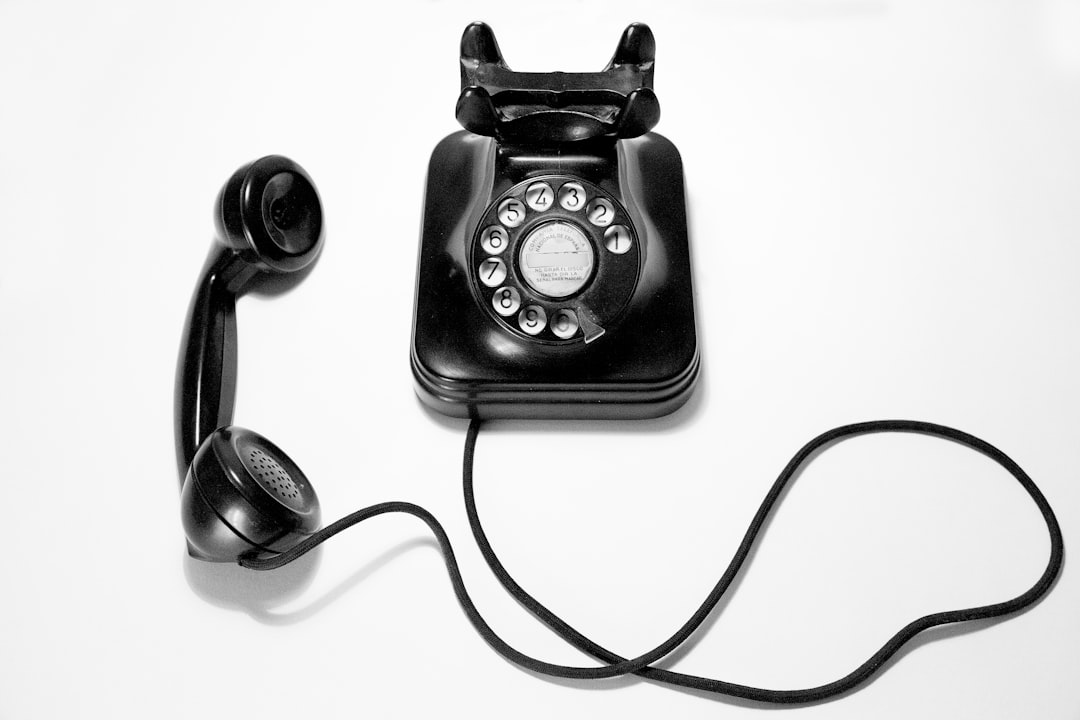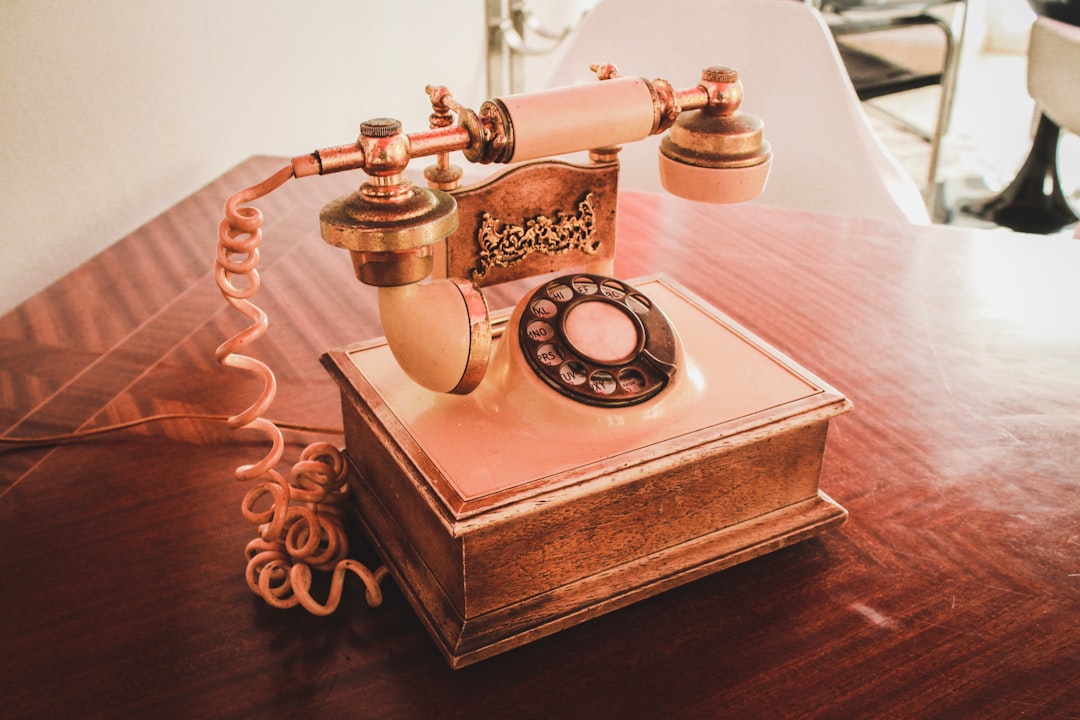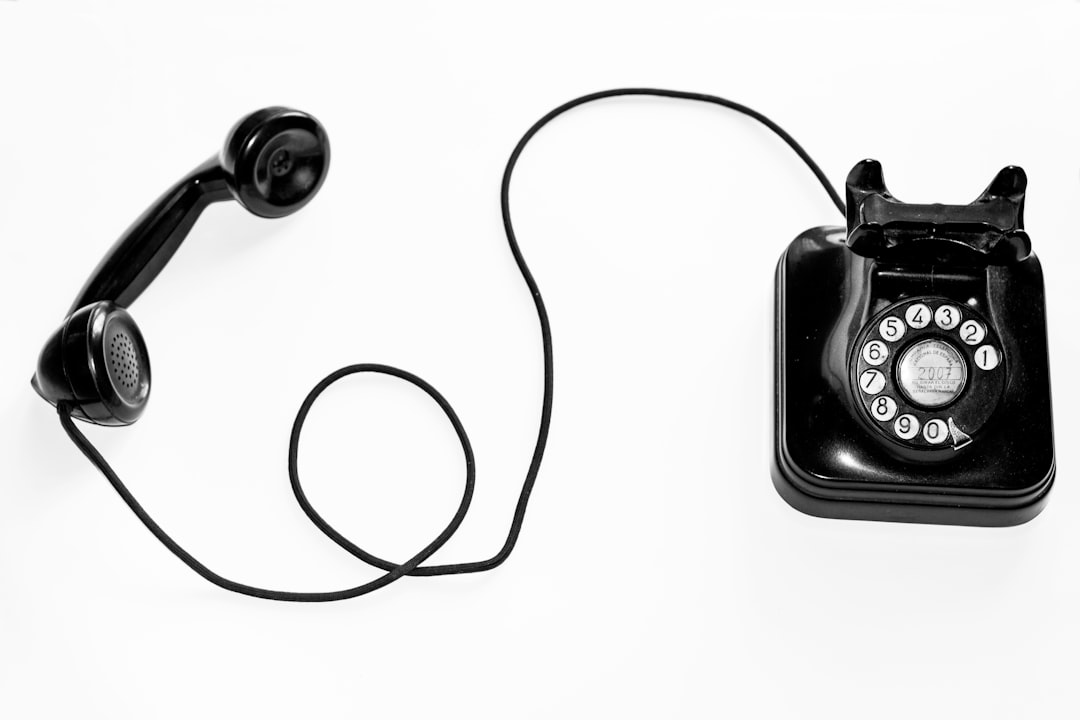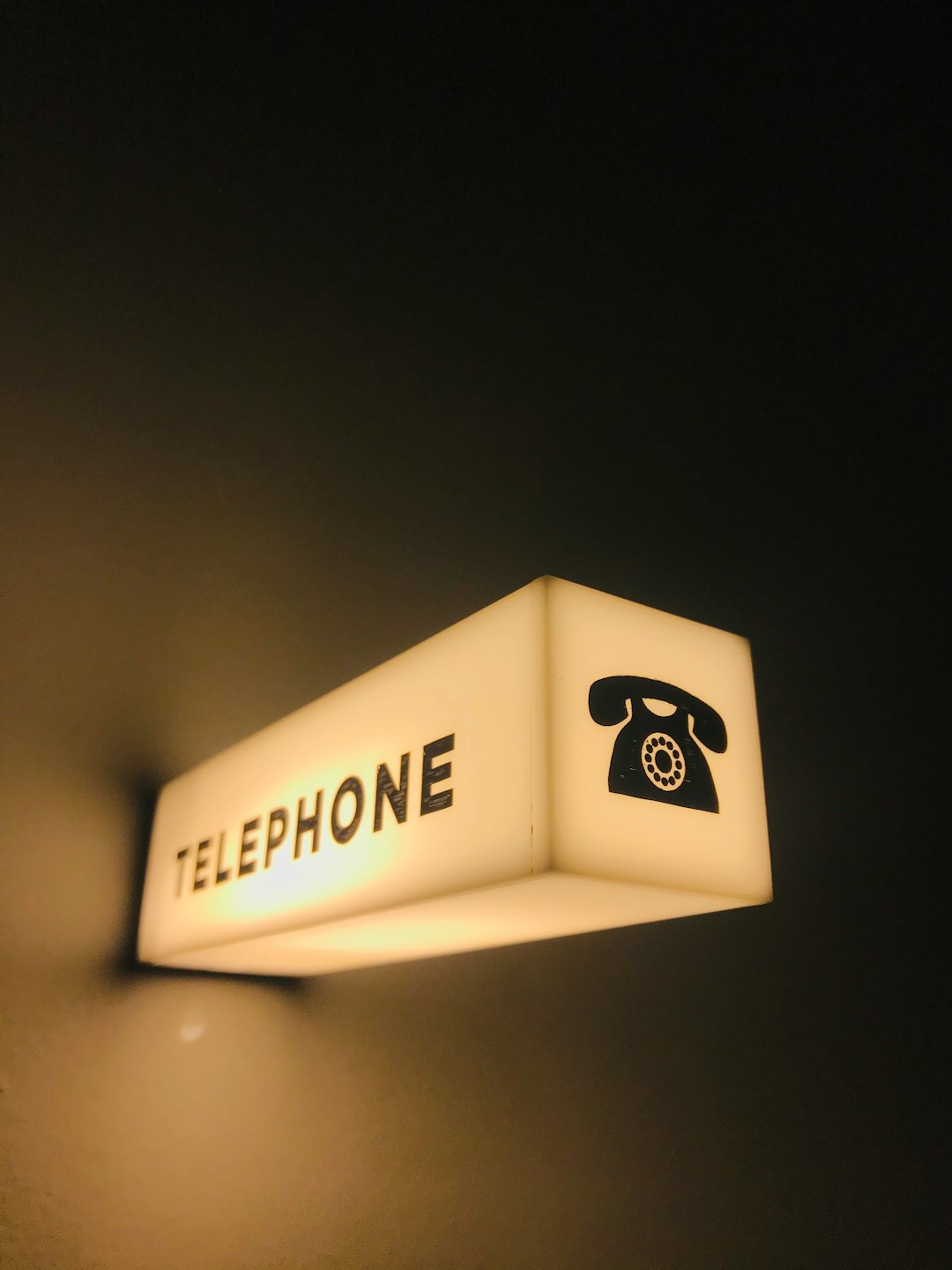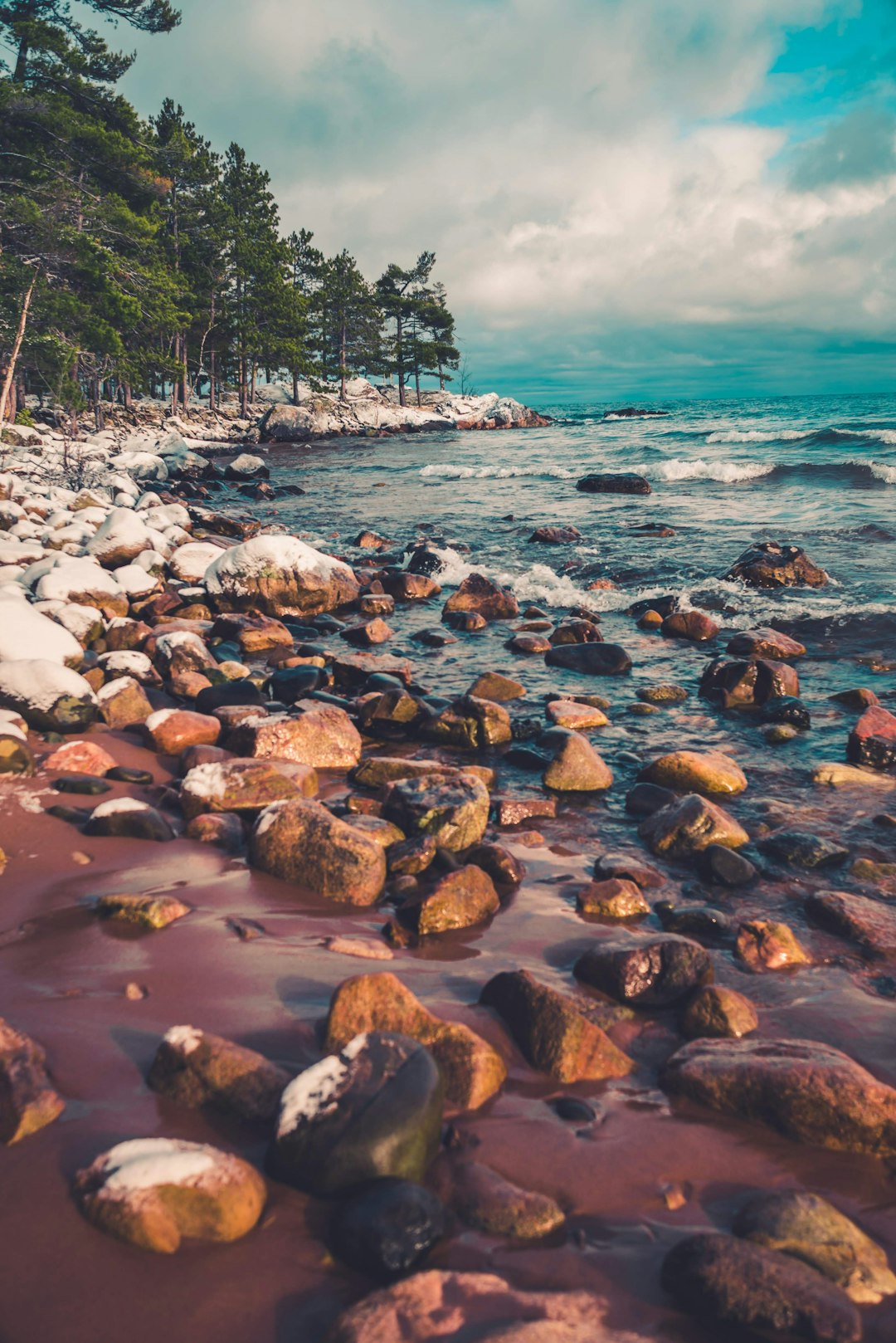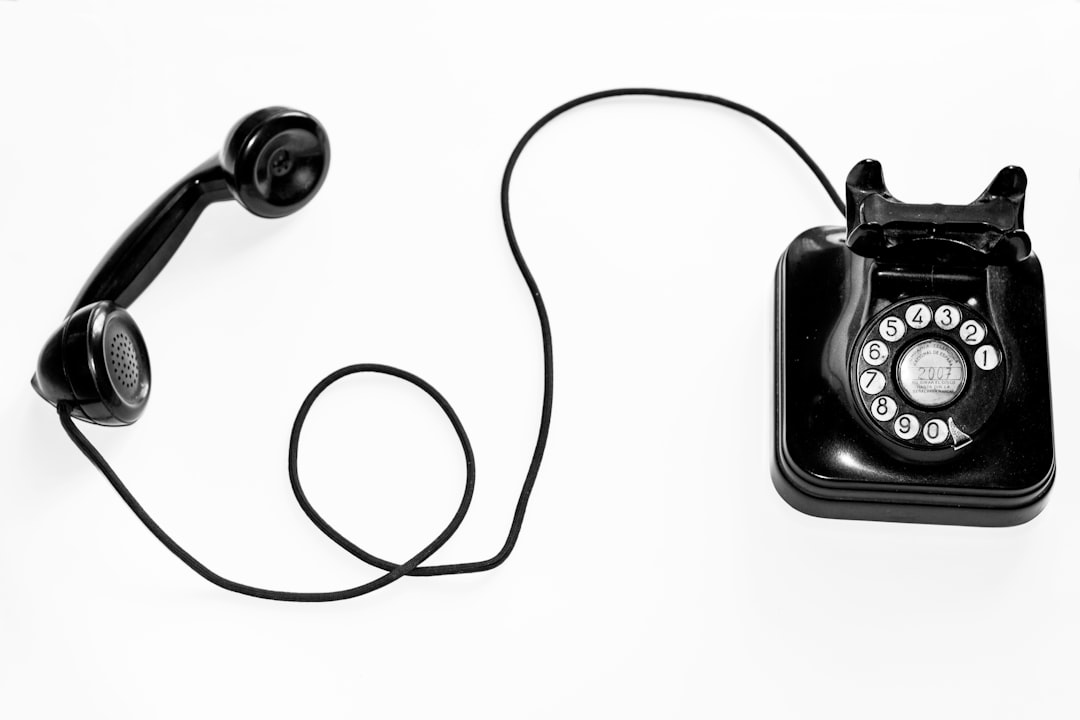In Michigan, where water recreation enthusiasts enjoy numerous lakes, spam call lawyers have become a growing nuisance during peak seasons, disrupting experiences and local ecosystems. The Harrison's Twenty Lakes Festival, celebrating community and natural beauty, takes a proactive approach to combat these unwanted calls. By partnering with local spam call lawyers and leveraging advanced technology, festival organizers ensure attendees' enjoyment and promote responsible phone practices, enhancing the overall experience and protecting Michigan's scenic lakeside setting from intrusive marketing calls.
“In Michigan, where water recreation thrives, a persistent problem has been plaguing residents and visitors alike—robocalls. These automated, unwanted calls disrupt peaceful moments by the lake and threaten the enjoyment of outdoor activities. However, events like Harrison’s Twenty Lakes Festival are fighting back with innovative solutions. This article explores how the festival addresses robocall spam, delving into the unique strategies employed and the crucial role of spam call lawyers in Michigan’s ongoing battle against intrusive automated calls.”
Understanding the Issue: Robocalls and Water Recreation in Michigan
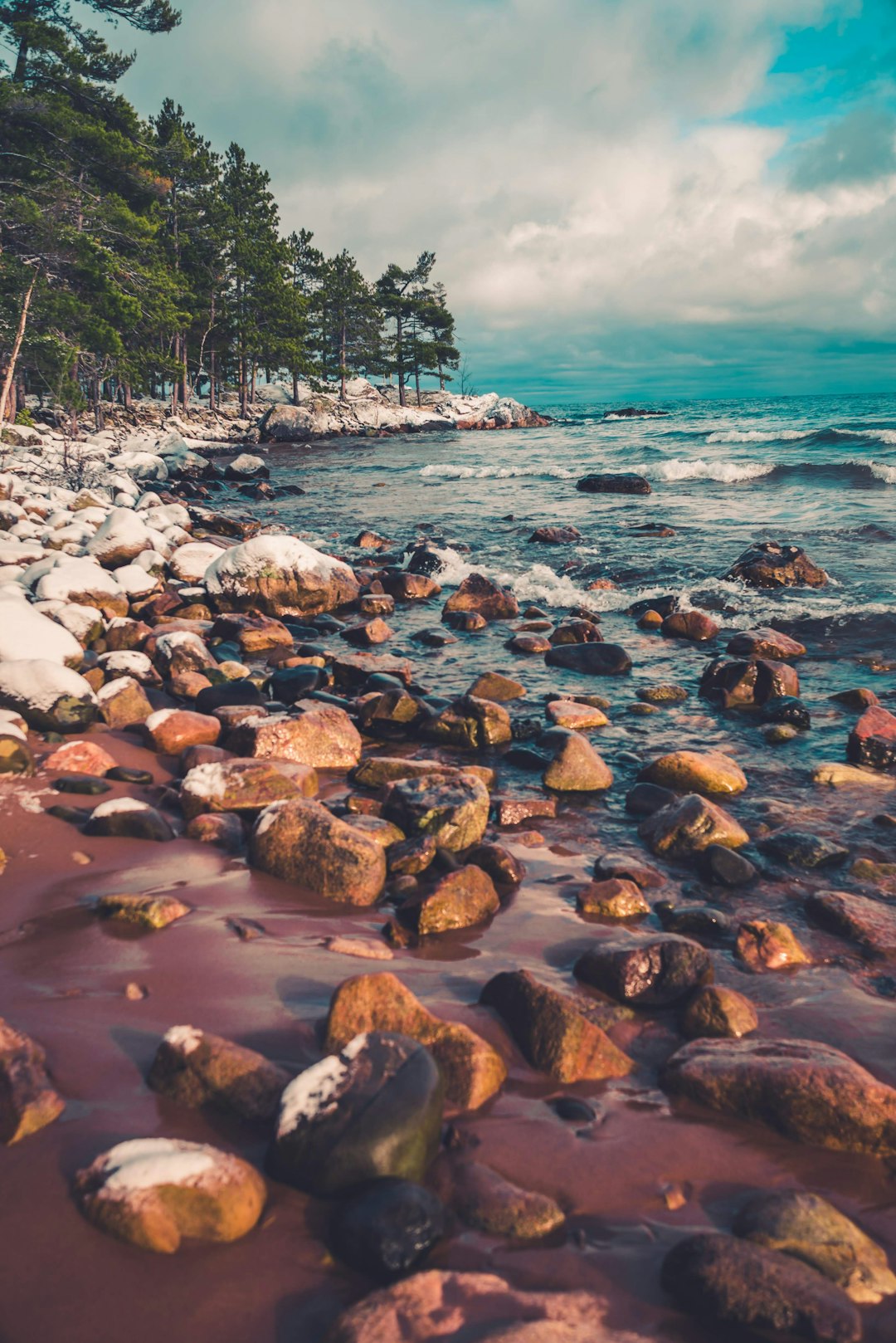
In Michigan, water recreation enthusiasts often face an unwanted intruder—robocalls. These automated phone calls, primarily from spam call lawyers, have become a growing nuisance during peak recreational seasons. The issue arises when these pre-recorded messages disrupt peaceful lakefront experiences and disturb local ecosystems. With over twenty lakes to explore, Harrison’s Twenty Lakes Festival aims to provide a haven for water enthusiasts, fostering a sense of community and appreciation for Michigan’s natural beauty. However, the festival organizers are no stranger to the challenges posed by spam calls, especially as the event gains popularity.
The impact of these unwanted calls extends beyond mere annoyance. Frequent robocalls can deter visitors from fully enjoying outdoor activities, potentially affecting the local economy that relies on tourism and recreational events. Understanding this problem is the first step in finding solutions, and festival organizers are taking proactive measures to combat this issue, ensuring a seamless experience for attendees while promoting responsible phone practices among participants.
Harrison's Twenty Lakes Festival: A Unique Approach to Combating Spam Calls

Harrison’s Twenty Lakes Festival has taken a unique and innovative approach to tackling the growing issue of spam calls, particularly those related to water recreation. In an effort to protect residents and visitors enjoying Michigan’s natural beauty, the festival organizers have implemented a robust anti-spam strategy that goes beyond traditional methods.
By partnering with local spam call lawyers and leveraging advanced technology, the festival ensures that attendees can focus on having a great time without the constant interruptions of unwanted calls. This proactive measure not only enhances the overall experience but also sends a strong message to spam call perpetrators that such activities will not be tolerated in Harrison’s scenic lakeside setting.
The Role of Spam Call Lawyers in Michigan's Fight Against Robocalls
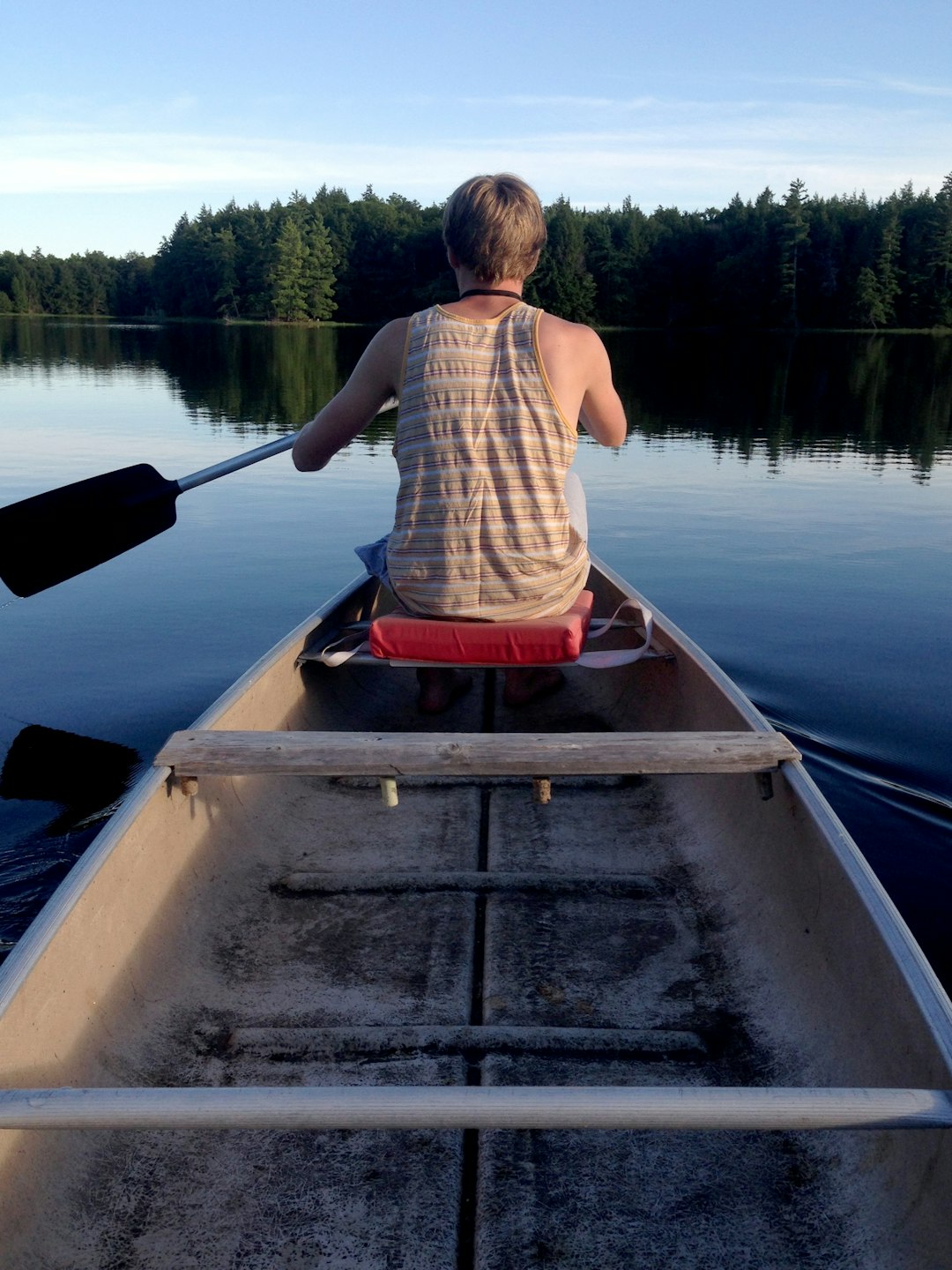
In the ongoing battle against robocalls, a unique partnership is emerging in Michigan, where spam call lawyers are playing a pivotal role. With the state’s vast lake system attracting water enthusiasts and recreation seekers, the influx of unwanted automated calls related to recreational activities has become a significant nuisance. These spam call lawyers specialize in navigating the complex legal landscape surrounding robocalls and have taken up the cause to protect Michigan residents from intrusive marketing practices.
By employing strategic legal measures, these experts are combating the deluge of robocalls that often target individuals planning their outdoor adventures. They advocate for stricter regulations and work to educate both businesses and consumers about responsible calling practices. Their efforts not only ensure a quieter, more enjoyable experience for lake festival-goers but also contribute to a broader movement to curb excessive spam calls in Michigan and across the nation.

